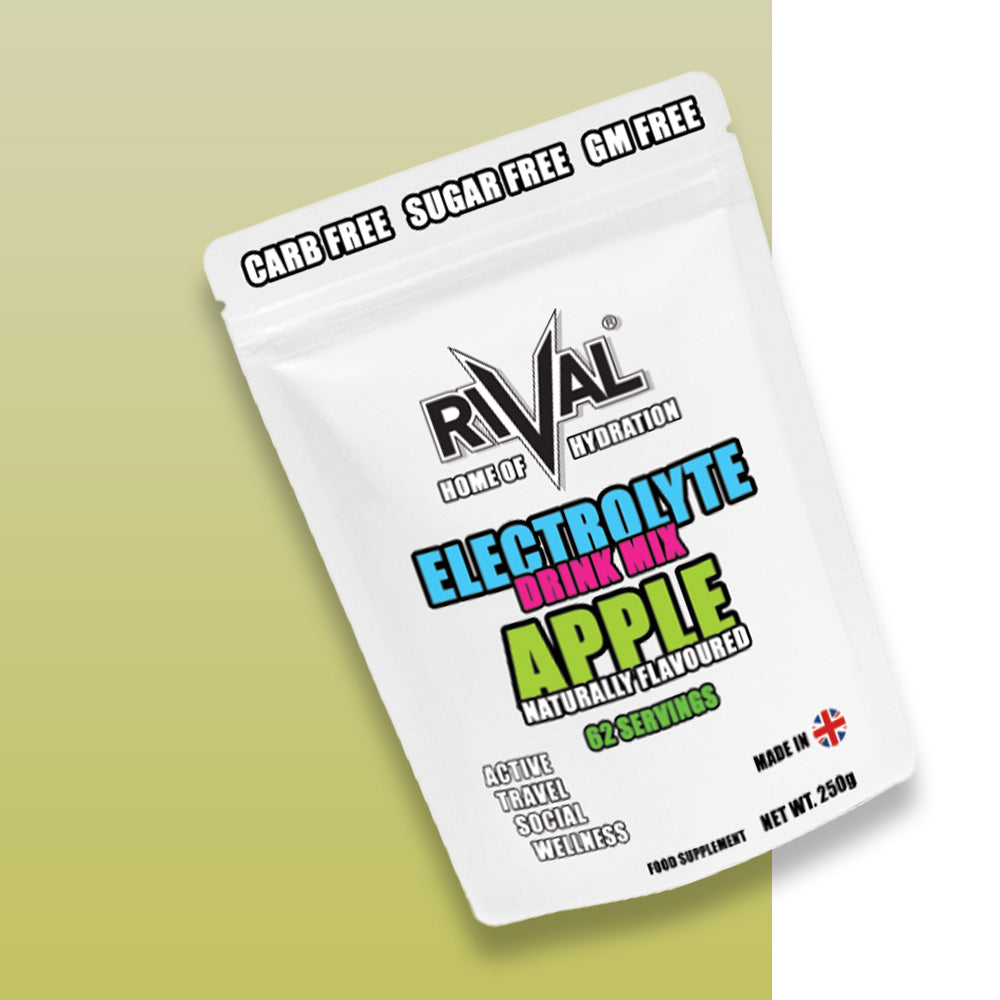

The Science Behind Electrolyte Performance Drinks
The Science Behind Electrolyte Performance Drinks
Electrolyte performance drinks have become a staple in the fitness and sports community, touted for their ability to replenish lost fluids, maintain hydration, and enhance athletic performance. But what exactly are electrolytes, and how do these drinks work to support our bodies during physical exertion? Let’s dive into the science behind electrolyte performance drinks and explore why they are essential for anyone engaging in intense physical activity.
Understanding Electrolytes: The Body’s Electric Conductors
Electrolytes are minerals that carry an electric charge when dissolved in bodily fluids like blood, sweat, and urine. The most common electrolytes include sodium, potassium, magnesium, calcium, chloride, and phosphate. These charged particles are critical for a range of bodily functions, including:
- Regulating Nerve and Muscle Function: Electrolytes help transmit nerve impulses and enable muscle contractions, including the heart muscle.
- Balancing Fluid Levels: They maintain the balance of fluids inside and outside cells, crucial for hydration and cellular function.
- Supporting pH Balance: Electrolytes help keep the body’s pH levels within a narrow range, which is vital for metabolic processes.
During physical activity, especially in hot conditions or prolonged exercise, the body loses electrolytes through sweat. If these electrolytes are not replaced, it can lead to an imbalance, affecting performance and potentially leading to conditions like dehydration, muscle cramps, and fatigue.
The Role of Electrolyte Drinks in Hydration
Water alone cannot fully replenish the electrolytes lost during intense exercise. This is where electrolyte drinks come into play. These beverages are specifically formulated to restore the balance of electrolytes in the body while also providing hydration.
Key Components of Electrolyte Drinks:
-
Sodium: Sodium is the primary electrolyte lost in sweat. It helps maintain fluid balance and blood pressure and supports nerve and muscle function. Performance drinks contain sodium to replenish this loss, aiding in the prevention of hyponatremia—a condition where sodium levels in the blood become dangerously low.
-
Potassium: Potassium is essential for muscle function and preventing cramps. It works alongside sodium to regulate fluid balance and nerve signals. Electrolyte drinks often include potassium to help muscles recover after exertion and to maintain heart health.
-
Magnesium and Calcium: These electrolytes are involved in muscle contractions and the transmission of nerve impulses. Magnesium also plays a role in energy production, while calcium is crucial for bone health. Including these in electrolyte drinks supports overall muscle function and recovery.
How Electrolyte Drinks Enhance Performance
-
Maintaining Hydration: Electrolyte drinks help prevent dehydration, which can significantly impair athletic performance. By replenishing lost fluids and electrolytes, these drinks keep the body’s systems functioning optimally.
-
Preventing Muscle Cramps: Electrolyte imbalances, particularly low levels of sodium and potassium, can lead to muscle cramps. By restoring these essential minerals, electrolyte drinks reduce the risk of cramping, allowing athletes to perform better for longer periods.
-
Sustaining Energy Levels: The carbohydrates in electrolyte drinks provide a readily available energy source, helping to sustain performance during extended periods of physical activity. This is particularly important in endurance sports like marathon running, cycling, or triathlons.
-
Supporting Recovery: Post-exercise, electrolyte drinks help speed up recovery by restoring the body’s electrolyte balance, replenishing energy stores, and aiding in muscle repair. This reduces downtime between workouts or events and improves overall performance.
Choosing the Right Electrolyte Drink
Not all electrolyte drinks are created equal. The optimal choice depends on the type and duration of activity, sweat rate, and individual needs. For instance:
- Short, High-Intensity Workouts: A drink with a moderate level of electrolytes can help maintain performance without overloading the system.
- Endurance Activities: For prolonged exercise, a drink with higher sodium content is beneficial to sustain energy and prevent electrolyte imbalances.
- Hot or Humid Conditions: In environments that increase sweat loss, a higher concentration of sodium and other electrolytes is crucial to prevent dehydration and related performance drops.
Conclusion
Electrolyte performance drinks are more than just flavoured beverages; they are scientifically formulated to meet the specific needs of athletes and active individuals. By understanding the role of electrolytes in the body and how these drinks work to replenish and restore balance, athletes can optimize their performance, prevent dehydration, and speed up recovery. Whether you’re training for a marathon, hitting the gym, or engaging in any high-intensity physical activity, incorporating electrolyte drinks into your routine can make a significant difference in your performance and overall well-being.
